Vietnam Advances Financial Hub Ambitions, Positions Fintech Among its Key Strategic Priorities
Vietnam's Prime Minister Pham Minh Chinh is urging for the development of bold and innovative policies to establish an international financial center in the country.
This strategic initiative is aimed at attracting investment from key global markets, and will include building cutting-edge financial infrastructure, drawing international talent, and fostering financial innovation, according to state-led newspaper Viet Nam News.
Presiding a meeting on May 10 with permanent government members and representatives from various ministries, sectors, and localities, PM Chinh stressed that the financial center should seek to lure resources for sustainable development, and serve the country's rapid and sustainable development. It should support green, digital and circular economic models, and promote startups and innovation.
He emphasized the need for a transparent and open legal environment, as well as modern and seamless infrastructure. Policies should ensure property rights, freedom of business, and freedom of movement.
Developing the strategy and policy framework
PM Chinh urged relevant agencies to expedite the preparation of reports, a draft resolution, and an action program, to be submitted to the Political Bureau (Politburo) of the Communist Party of Vietnam Central Committee, and other key authorities.
These documents should assess Vietnam's competitive advantages and challenges, the potential benefits and risks of an international financial center, and outline risk mitigation strategies.
PM Chinh stated that the proposals should include strategies to attract both direct and indirect foreign capital from public and private sectors. They should also identify development zones for financial centers' infrastructure, anticipate staffing needs, and outline management structures.
Ho Chi Minh City and Da Nang named as financial hub hosts
Vietnam's international financial center roadmap began gaining momentum in late-2014 when the Politburo approved plans for a comprehensive international financial hub in Ho Chi Minh City (HCMC) and a regional financial center in Da Nang.
The government's vision calls for world-class financial infrastructure, including advanced payment and securities trading systems. These centers should focus on attracting international talent with competitive incentives, and creating an appealing living and working environment for leading global financial experts.
Other priorities include promoting financial innovation with new instruments such as green finance, fintech, and financial risk management, strengthening international integration, and ensuring financial stability through enhanced oversight and risk management.
Over the next five years, the government will roll out eight types of policies to develop these international financial centers in line with international practices but tailored to local conditions.
At the same time, six types of policies currently employed by large global financial centers will be piloted in Vietnam in order to aid in the development of the plan.
The Politburo hopes for these policies to be officially applied from 2030.
In Da Nang, local authorities have proposed developing a financial center on over 70 hectares of land, with phased expansion. The city envisions a regional financial center that combines advanced infrastructure, innovative policies, and supportive mechanisms for financial activities. The project is projected to take at least five years to complete.
Meanwhile, the chairman of the HCMC administration, Phan Van Mai, expects the city's international financial center to be established by 2030. The city plans to continue developing infrastructure, especially in District 1 and the Thu Thiem area in Thu Duc City. It will also train and attract high-quality human resources to meet the financial hub's requirements.
National committee established to build the financial centers
Following a series of high-level meetings, PM Chinh signed a decision on May 20, approving the formation of the Steering Committee for Regional and International Financial Centers.
The committee, which includes central and local government representatives, is tasked with providing direction on the development of the strategy for the centers in Vietnam, guiding the formulation and refinement of institutions and policies applicable to such centers, and overseeing the establishment and operations of management and executive bodies within the centers.
In addition, the committee is responsible for directing resource allocation and mobilization for infrastructure development and growth of the centers, as well as presiding over and organizing cooperation, consultation, and exchanges with domestic and international agencies and organizations.
A thriving fintech ecosystem
The establishment of the financial centers in Vietnam builds on an already dynamic fintech landscape, and is poised to further accelerate its momentum.
Globally, financial centers have proven to be powerful catalysts for fintech innovation. In the United Arab Emirates (UAE), for instance, financial hubs have attracted world-class talent and established themselves as magnets for fintech pioneers.
The Dubai International Financial Centre (DIFC), a prominent special economic zone, has evolved into one of the largest innovation communities in the Middle East, now home to more than 1,240 growth-stage tech firms, established innovation companies, digital labs, venture capital firms, regulators, and educational entities. Among its standout fintech residents are Tarabut Gateway, Yap, and Postpay.
Similarly, Abu Dhabi's financial hub, the Abu Dhabi Global Market (ADGM), hosts over 2,300 operational entities, including rising fintech stars like FlapKap, Sarwa, and Pyypl.
Vietnam's fintech industry has grown remarkably over the past years, surging from about 115 solutions in 2020 to 220 in 2024. This expansion has been underpinned by strategic government initiatives, including the National Financial Inclusion Strategy, the National Digital Transformation Program, and most recently, a regulatory sandbox for peer-to-peer (P2P) lending, credit scoring, and open API-based data sharing.
Recognize Vietnam's leading fintech innovators
This August, the Fintech News Network will host the Fintech Frontiers 50 Awards in Kuala Lumpur. Held in collaboration with Bank Negara Malaysia and the Securities Commission Malaysia as part of MyFintechWeek 2025, the event will celebrate the most innovative and influential fintech leaders in Vietnam, Thailand, Cambodia, and other key Southeast Asian markets.
Help shine a spotlight on Vietnam's top fintech founders by submitting your nominations here. Nominations are open until May 30.






















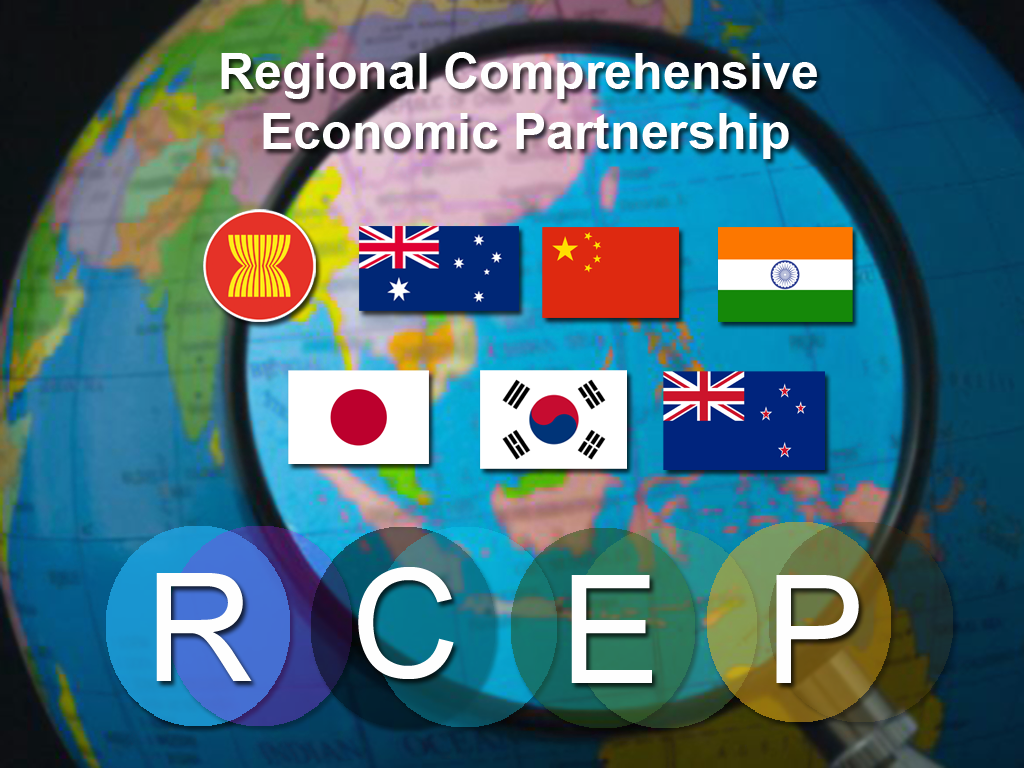
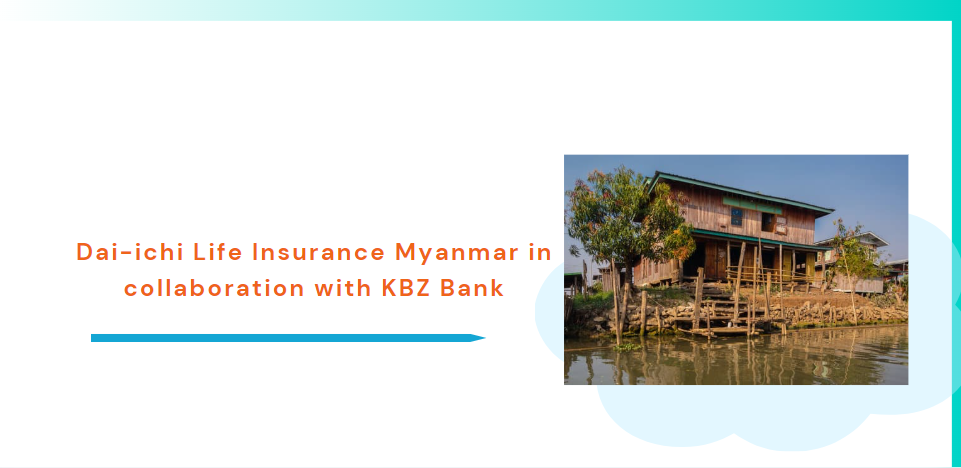
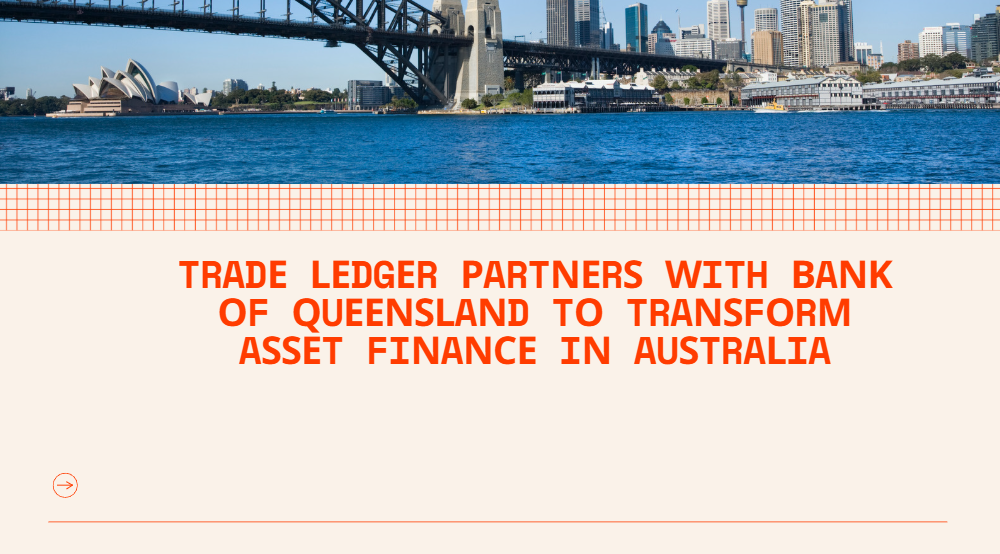
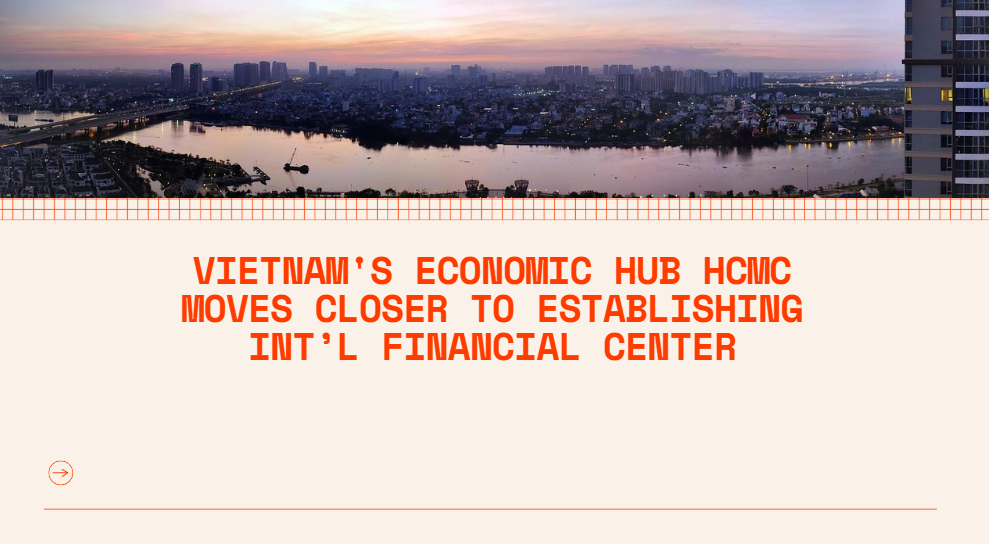
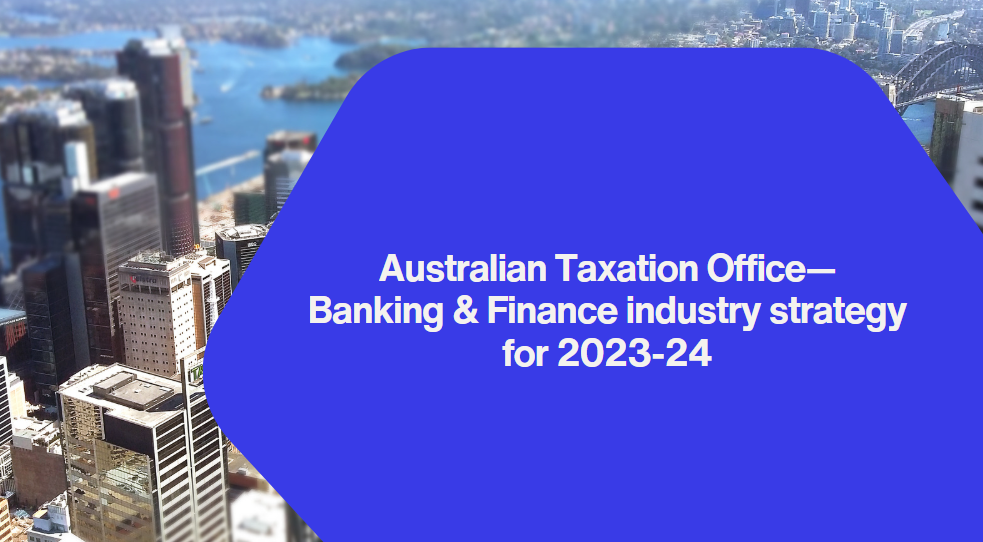


























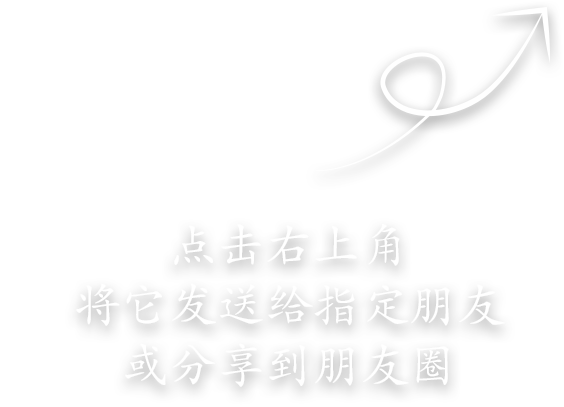
First, please LoginComment After ~